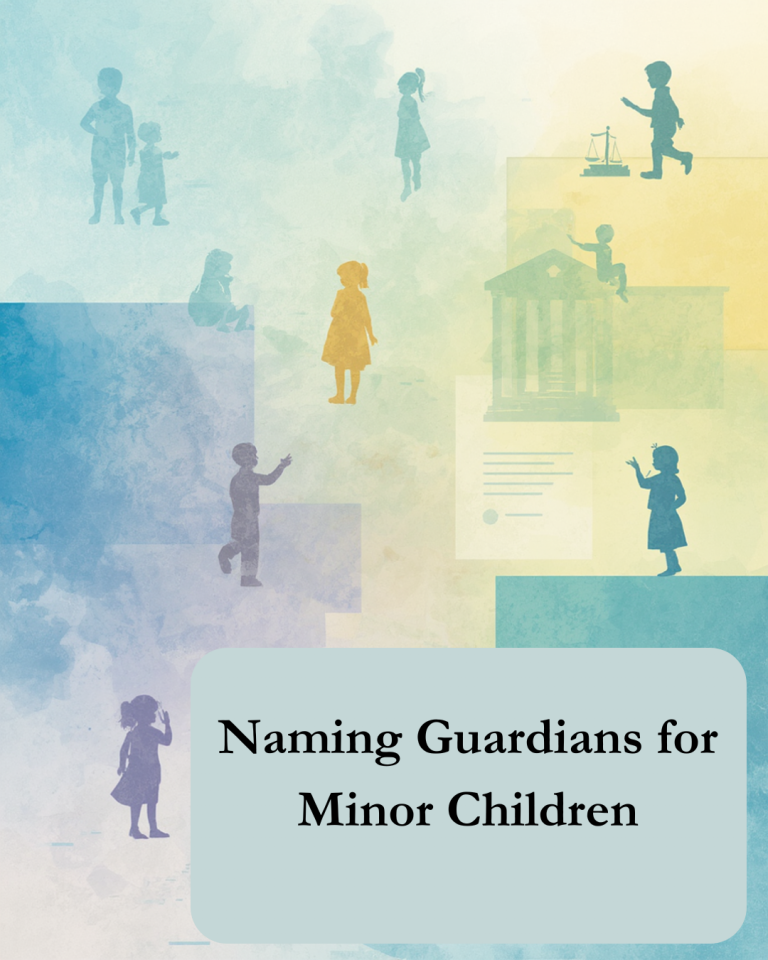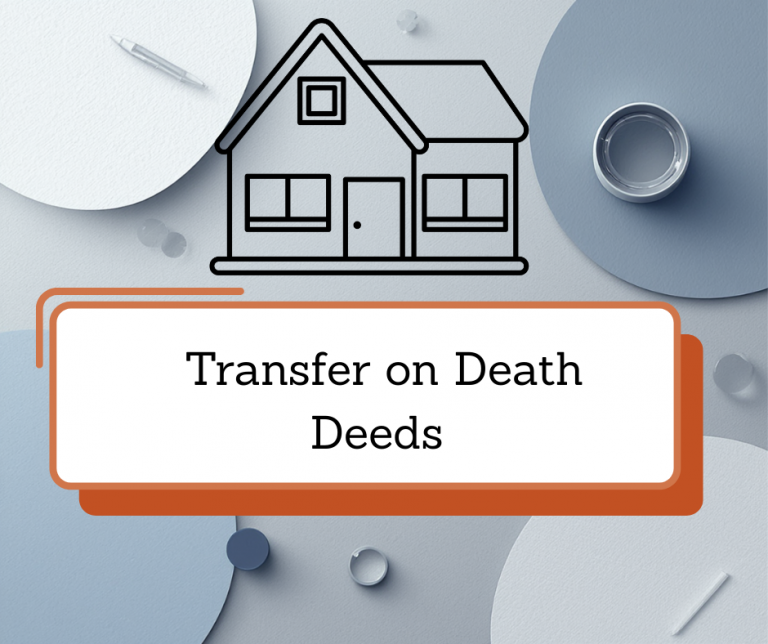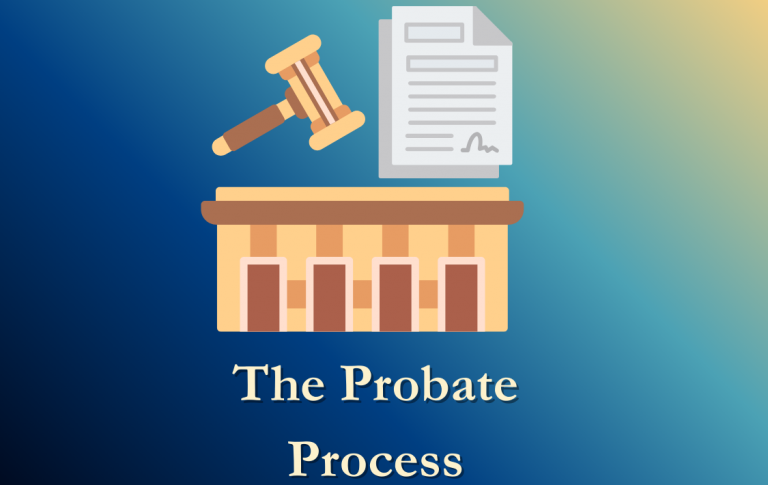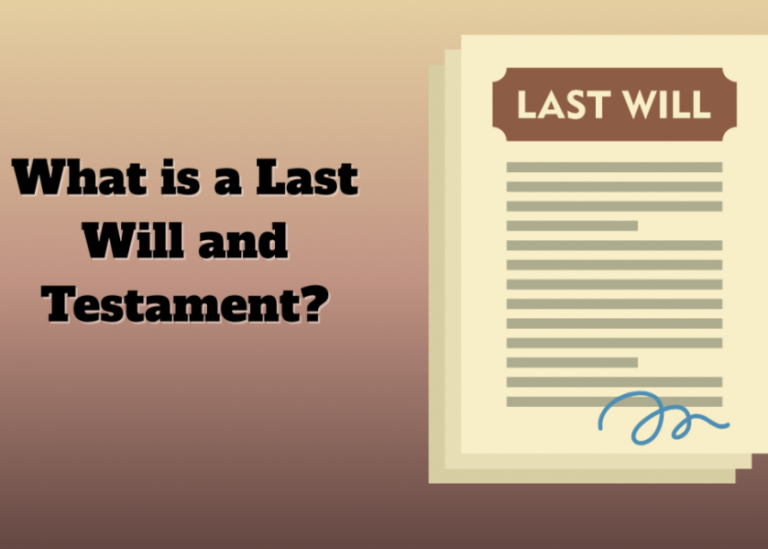Many Texans are surprised to learn that if someone dies without a will, the State of Texas decides who inherits their property with no valid beneficiary designation. This is known as dying intestate, and the rules are set out in the Texas Estates Code. Understanding how intestacy works can help families see why having a written estate plan is important.
Intestate Succession in Texas
When a person dies without a will, Texas law provides a default order of inheritance. Who inherits depends on whether the deceased person was married, had children, or had surviving parents or siblings.
If There Is a Surviving Spouse with Children or Descendants
- Community property (most property acquired during marriage) usually goes to the surviving spouse if all the children are also children of that marriage.
- If the deceased had children from a different relationship, the surviving spouse keeps their half of the community property, but the deceased’s half goes to the children.
- Separate property (property owned before marriage, or received by gift or inheritance) is divided differently depending on whether the separate property is personal or real property. Without getting too much into the weeds here, part goes to the spouse and part to children or other Descendants.
If There Is a Surviving Spouse But No Children or Descendants
- The surviving spouse inherits community property.
- Separate property is categorized into real and personal property. The Decedent’s separate personal property goes to the surviving spouse, and the separate real property is divided between the surviving spouse and other relatives, such as parents or siblings, depending on who survives.
If There Are Children or Descendants But No Surviving Spouse
- The children inherit the Decedent’s property in equal shares.
If There Is No Surviving Spouse or Children or Descendants
- Property may pass to parents, siblings, nieces and nephews, or more distant relatives.
- In rare cases, if no relatives can be located, the property may go to the State of Texas.
Heirship Determination
The court must formally determine who the legal heirs are through an heirship proceeding. This process usually requires:
- Testimony from witnesses who knew the family
- Documentation of family relationships
- Legal notice to potential heirs
- Court appointment of an Attorney Ad Litem
- Court approval of the final determination
Why This May Be a Problem
Intestacy laws do not take into account personal wishes or other situations. Additionally, certain property may be divided in ways that create unintended disputes among relatives.
How a Will Changes the Outcome
A valid will allows you to:
- Choose who inherits your property.
- Name guardians for minor children.
- Appoint an executor to handle your estate.
Final Thoughts
While intestacy rules provide a default plan, they may not reflect what an individual truly wants. Preparing valid estate planning documents can ensure that property is distributed according to personal wishes, rather than the state’s formula.
DISCLAIMER: This blog post is for general informational/educational purposes only and does not constitute legal advice. Reading this post does not create an attorney-client relationship. Every situation is different, and you should consult with a qualified attorney about your particular circumstances. For the full disclaimer, click here.








